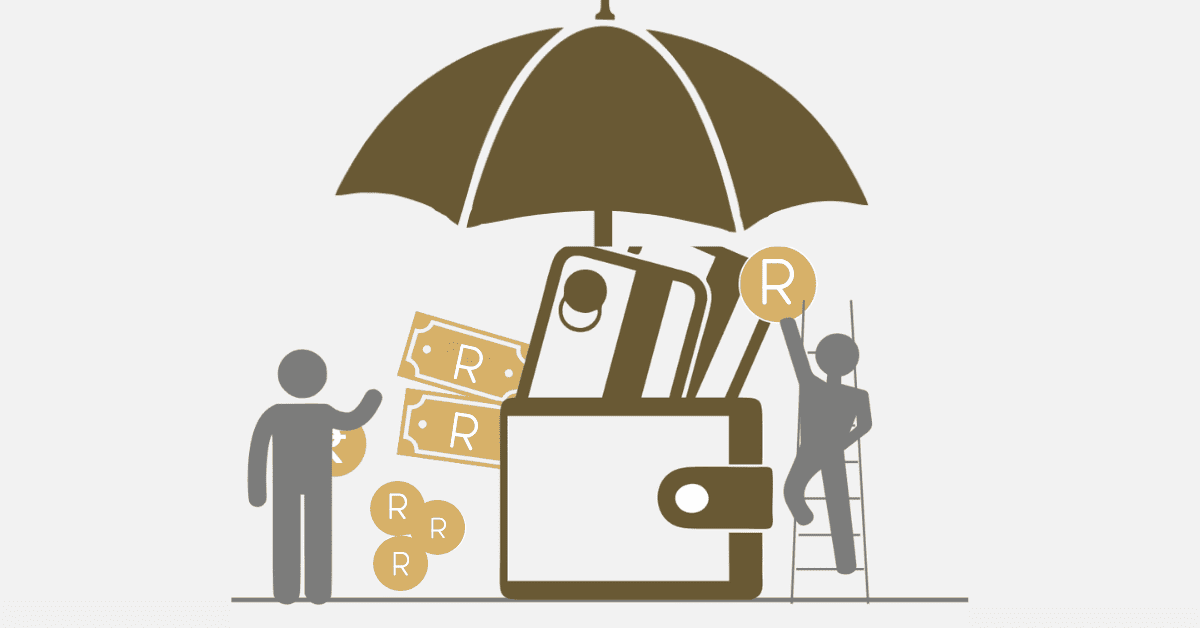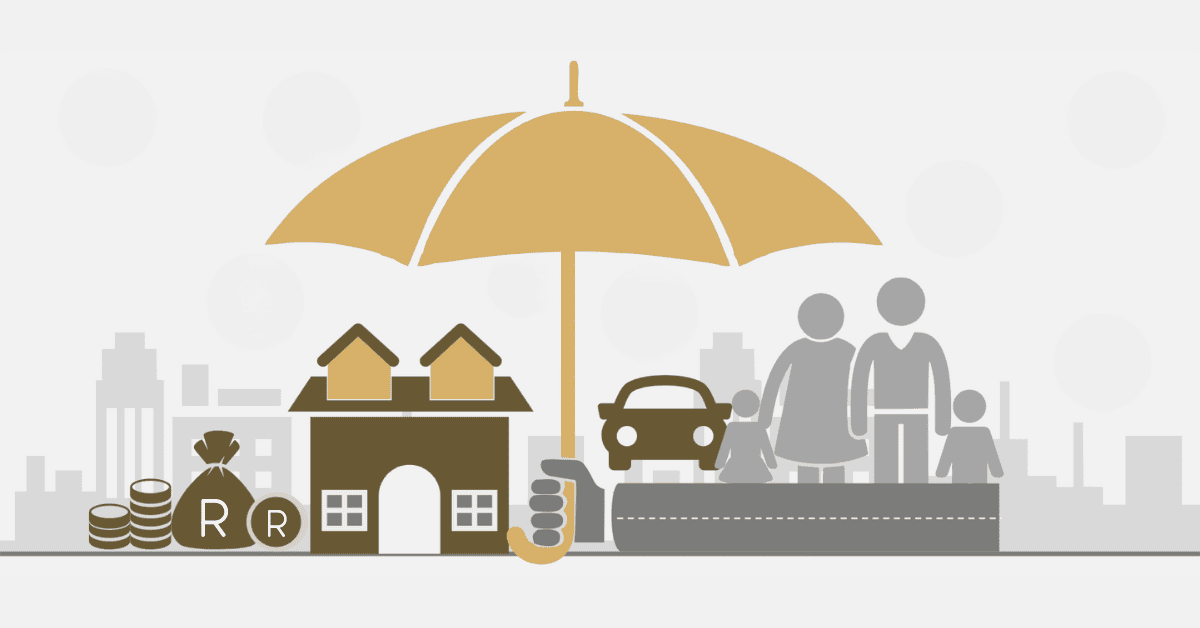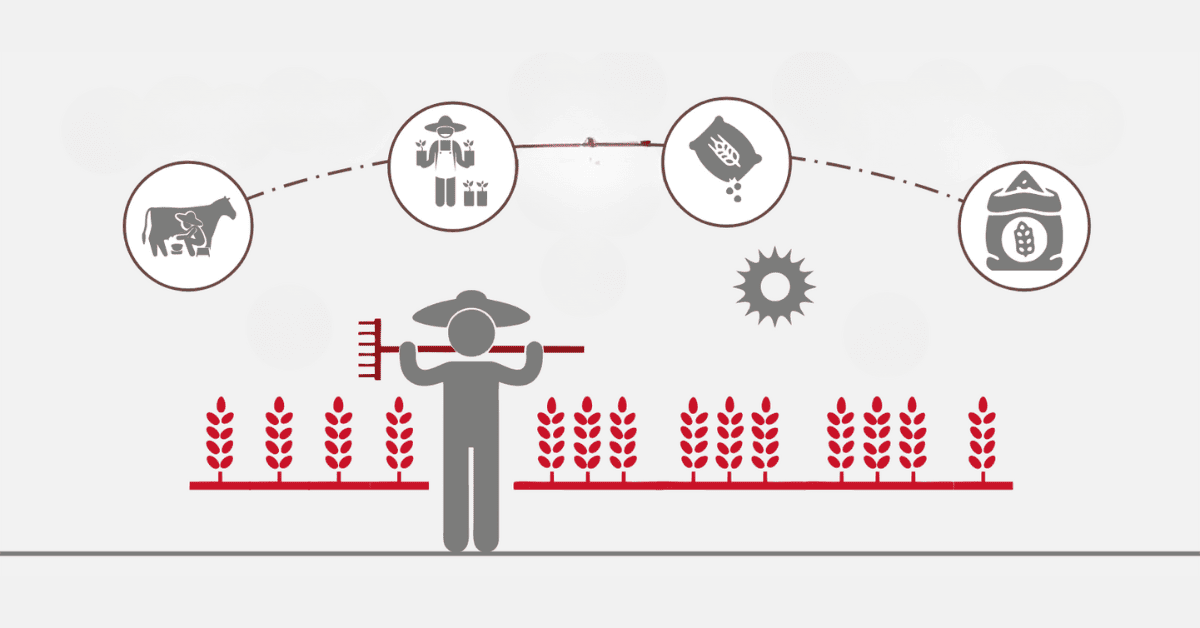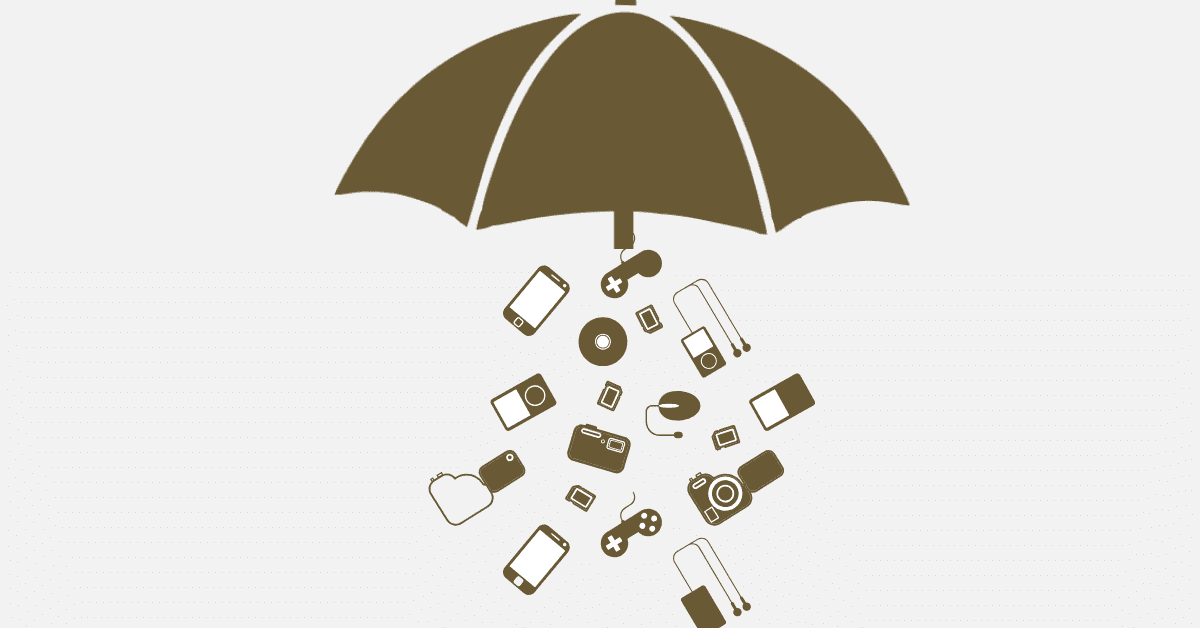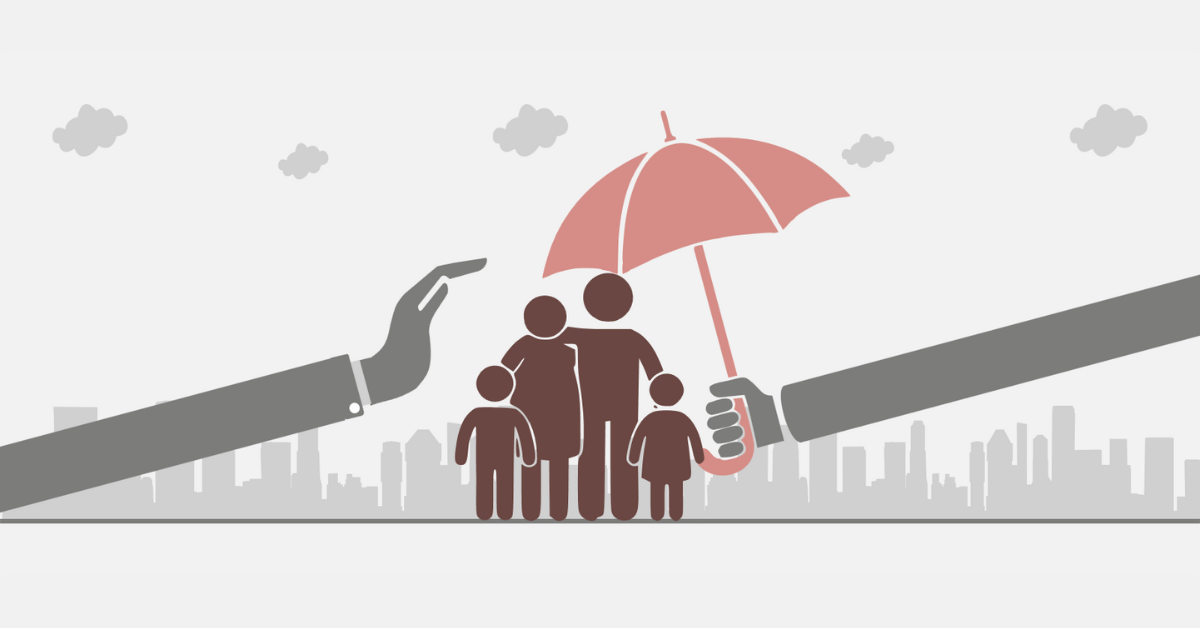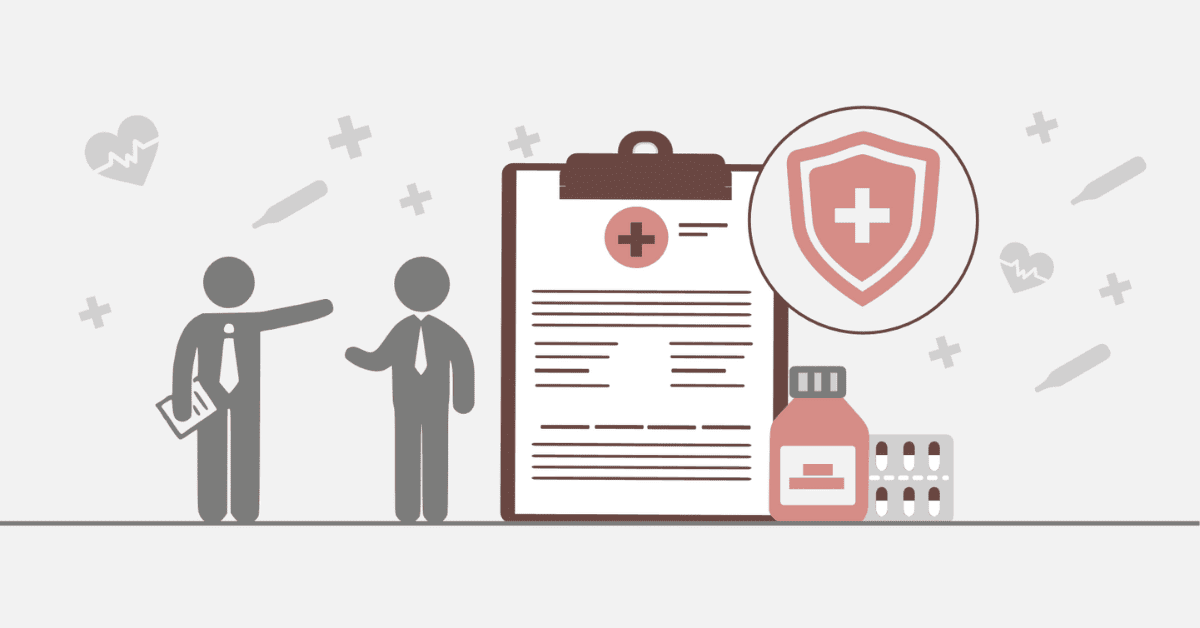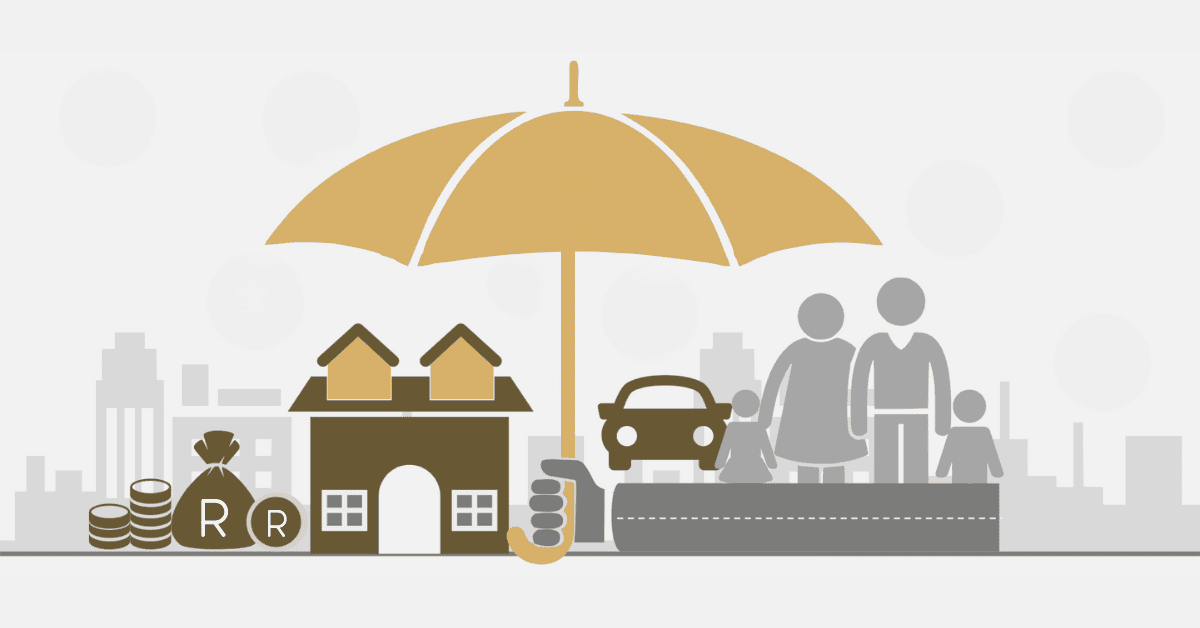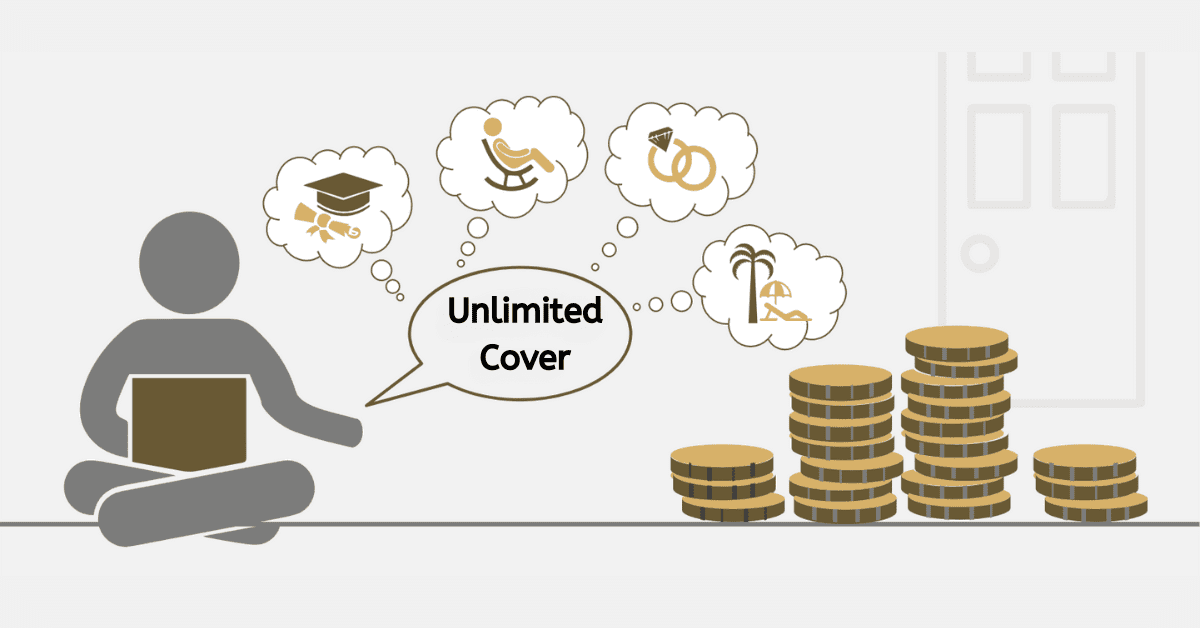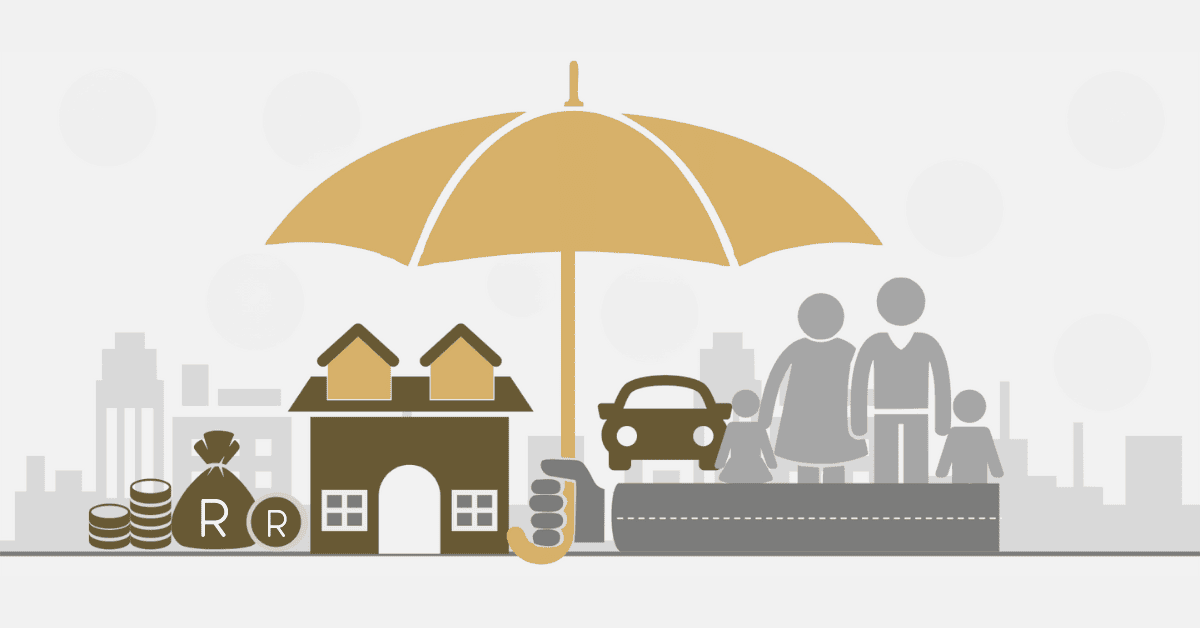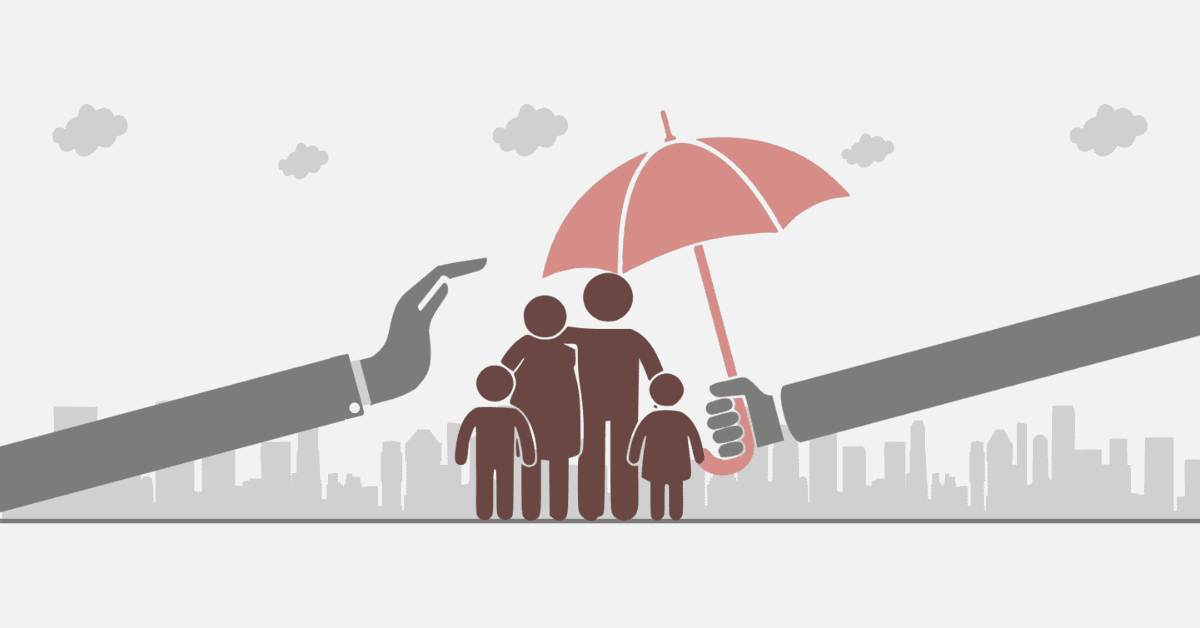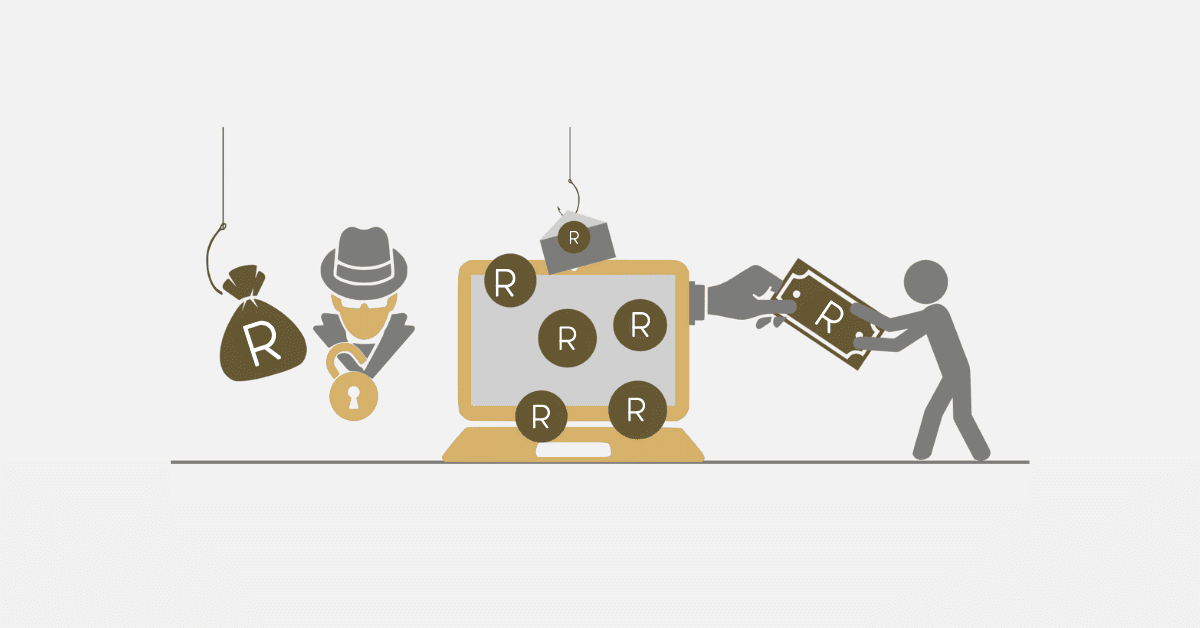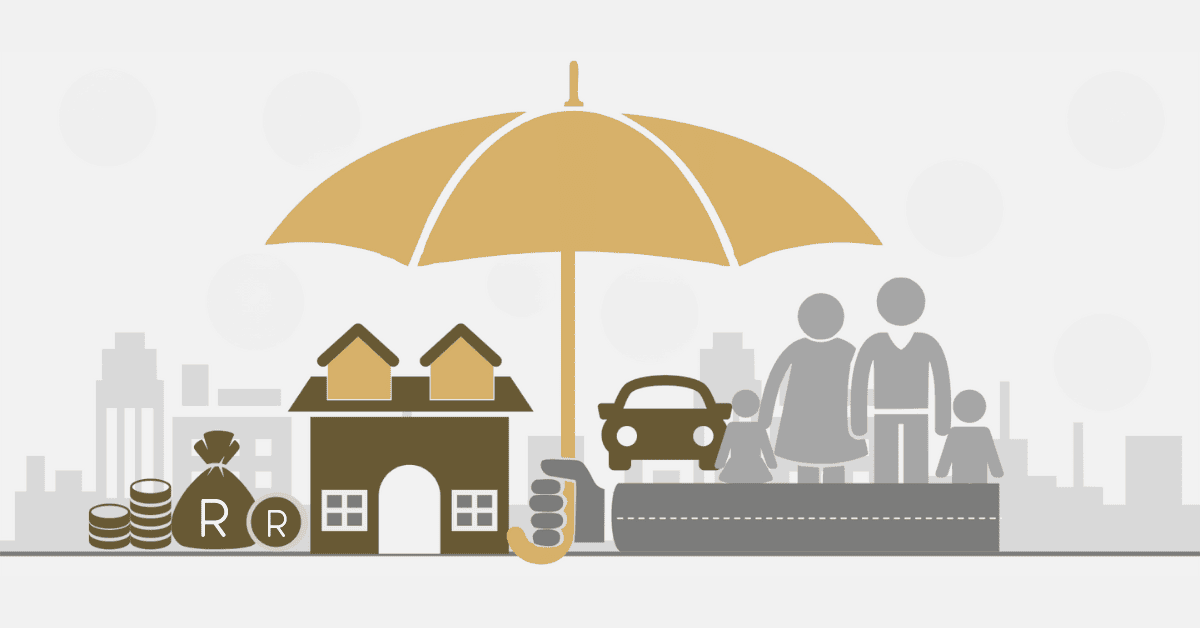This is a safeguard for SA companies, insuring them of monetary loss if a claim for injury or loss of property is lodged by a third party. Public liability pays for legal and compensation, and companies can then conduct business with impunity, free of debilitating financial penalties for accidents and occurrences. With SA’s unpredictable and complex environment, coverage is a wise consideration for firms wanting to preserve financial security and peace of mind.
Public Liability Insurance Definition
It insures SA companies for claims lodged with them by third parties for injuries or loss of property incurred at, or arising out of, property, operations, or work of the firms involved. It compensates for legal expenses, compensation, and any additional expenses in defending such claims. Public liability policy covers companies for financial loss from accidents and occurrences that could threaten financial security. Not a compulsory cover under South African legislation but an important one for companies of all sectors and sizes, public liability cover can serve as a deterrent for companies in taking unnecessary legal and financial risks.
What Does Public Liability Cover?
It stands for various incidents that could lead to claims by a third party. These include bodily harm sustained by customers, clients, suppliers, or members of the general public in the firm’s workplace. It also covers loss of property sustained by the business’s operations, for instance, accidental loss of a client’s property during a service or delivery. In addition, the insurance covers legal expenses and any other expenses incurred in defending such claims so businesses can defend lawsuits without a strain on finances. Such incidents include slips and trips, loss of individual property, and harm sustained through a defective product.
Apart from such general occurrences, public liability insurance also insures a variety of other events. For example, when a firm hosts an event and a participant sustains an injury through a lack of proper security, the medical and legal expenses incurred through a lawsuit will be covered through coverage. Similarly, when a contractor accidentally destroys a neighboring property during construction, the property can be repaired through coverage, and any expense incurred in defending such a claim can be taken care of through the policy. By providing cover for a variety of such potential occurrences, public liability cover ensures that companies can go through such unplanned occurrences in life without strain on financials.
Also, public liability cover stands for claims incurred through advertising and personal injury. Examples include a case where a business is sued for defamation, libel, and slander through advertisement. The cover will pay for legal expenses and any compensation a claimant receives, protecting a business from financial loss through such claims.
What is the Difference Between PI and PL Insurance?
PI insurance covers experts for claims of negligence, mistakes, or omission in providing a service, including legal expenses and payment for compensation for professional advice or service. PL insurance, in contrast, insures against claims for injuries or property loss sustained at the business location or through its operations. PI insurance covers claims for a specific service, but PL insurance protects general business operations. Appreciating the differences between PI and PL insurance is vital in choosing appropriate coverage for a business and its relevant risks.
For instance, a financial advisor will require PI insurance to cover claims arising from professional guidance, including financial loss to a client. If a client sues an advisor for wrong investment guidance, PI insurance will cover a claim’s legal expenses and any compensation paid to a claimant in case of loss. In contrast, a retail outlet owner will require PL insurance to cover claims for an injury or property loss at a business location. In case a shopper slips and suffers an injury at the retail outlet, then PL insurance will cover medical expenses and any expenses for a claim for a court case arising out of an incident.
A critical difference between PI and PL insurance is the types of claims it covers. PI insurance insures claims for a service, including misrepresentation, a breach of duty, and a dispute for an intellectual property claim. PL insurance insures claims for an incident, an injury, and property loss.
How Much Public Liability Costs
The cost of public liability in South Africa varies according to various factors, including its size, operations, and desired cover level. Premiums range between a hundred rand and several thousand rand monthly, and their price will depend on individual requirements and risk profiles on a case-by-case basis. High-risk sectors and companies with a claims history will pay a higher price, and companies with fewer risks and fewer claims will pay less. It’s essential to analyze the financial impact of claims and choose a scheme with proper cover without burdening the entity’s books.
For instance, a construction company will pay a premium for its operations, whose nature, in virtue, entails high risk, including machinery and potential danger during site operations. On the contrary, a small retail shop will enjoy less for its operations, with little opportunity for a claim for injuries and loss of property in its operations. Business entities with proper controls over their risks and a positive claims record will enjoy a discount on their premiums, reducing even further, therefore, its cost of cover.
Conclusion
Public liability cover is an integral part of South African business risk management. By providing financial cover for claims for injuries and loss of property, cover for public liability affords confidence and security for companies to conduct their operations efficiently. Having an appraisal regarding cover options, price, and value for cover for public liability enables companies to make an informed decision and shields their financials for a quiet sleep in a tumultuous marketplace.
